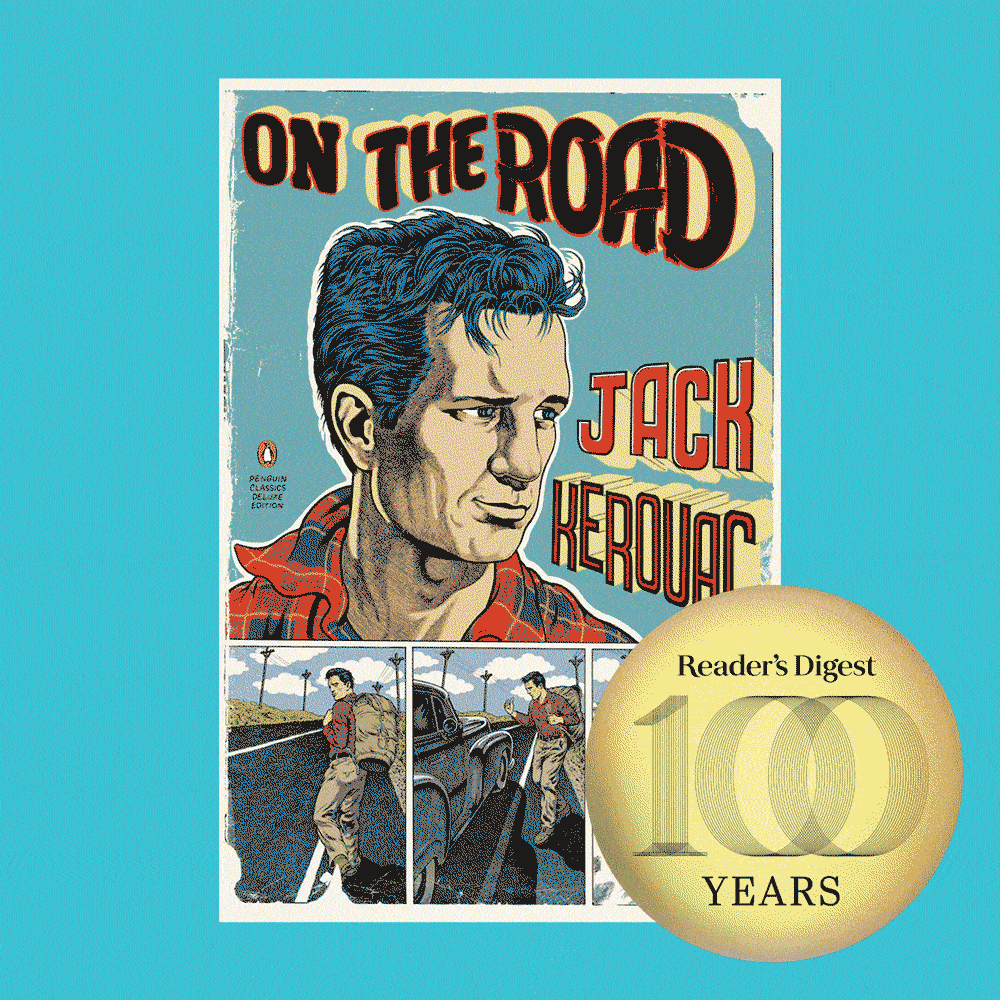This article presents ten classic novels that every literature enthusiast should read. From Harper Lee’s To Kill a Mockingbird to Homer’s The Odyssey, these novels have stood the test of time and continue to offer insight into the human condition. Pride and Prejudice by Jane Austen explores social norms, while Emily Bronte’s Wuthering Heights delves into themes of revenge and passion. 1984 by George Orwell is a dystopian warning against authoritarianism, while One Hundred Years of Solitude by Gabriel Garcia Marquez is a magical realism masterpiece. The list also includes The Catcher in the Rye by J.D. Salinger, Jane Eyre by Charlotte Bronte, The Great Gatsby by F. Scott Fitzgerald, and Frankenstein by Mary Shelley.
10 Classic Novels Every Literature Enthusiast Should Read
Reading is an activity that enriches our lives and exposes us to different perspectives and experiences. Classic novels are timeless pieces that have withstood the test of time and are still relevant today. These novels offer insight into the human condition, exploring themes such as love, loss, and self-discovery. If you’re a literature enthusiast or someone looking to expand their reading list, here are ten classic novels that you should consider reading.
1. To Kill a Mockingbird by Harper Lee
Published in 1960, To Kill a Mockingbird is one of the most widely read novels in the world. It tells the story of a young girl, Scout Finch, and her brother, Jem, who grow up in the segregated South of the 1930s. The novel deals with themes of racial injustice, prejudice, and the loss of innocence. Harper Lee’s masterpiece is a must-read for anyone interested in American literature.
2. Pride and Prejudice by Jane Austen
First published in 1813, Pride and Prejudice is a romantic novel that explores the social norms of the time. The story follows Elizabeth Bennet, a strong-willed and independent woman who falls in love with Mr. Darcy, a wealthy landowner. Austen’s novel is a commentary on the societal expectations of women and the role of marriage in society.
3. Wuthering Heights by Emily Bronte
Wuthering Heights is a gothic novel published in 1847. The story is set on the moors of Yorkshire and follows the turbulent relationship between Heathcliff and Catherine Earnshaw. The novel explores themes of revenge, passion, and the destructive nature of love. Emily Bronte’s novel is a masterpiece that has left a lasting impact on literature.
4. 1984 by George Orwell
1984 is a dystopian novel published in 1949. The story is set in a future totalitarian state where citizens are monitored and controlled by the government. The novel explores themes of power, control, and rebellion. George Orwell’s novel is a warning against the dangers of authoritarianism and the importance of free speech and individual liberty.
5. One Hundred Years of Solitude by Gabriel Garcia Marquez
One Hundred Years of Solitude is a magical realism novel published in 1967. The story follows the Buendia family and their magical and mysterious village of Macondo. The novel explores themes of time, memory, and the clash of modernity with tradition. Garcia Marquez’s novel is a masterpiece of Latin American literature and a must-read for anyone interested in magical realism.
6. The Catcher in the Rye by J.D. Salinger
The Catcher in the Rye is a coming-of-age novel published in 1951. The story follows the rebellious teenager Holden Caulfield as he navigates the complexities of adolescence. The novel explores themes of alienation, identity, and the loss of innocence. J.D. Salinger’s novel is a classic that has resonated with readers for generations.
7. Jane Eyre by Charlotte Bronte
Jane Eyre is a gothic novel published in 1847. The story follows the titular character, an orphan who becomes a governess at Thornfield Hall. The novel explores themes of love, class, and the search for identity. Charlotte Bronte’s novel is a feminist masterpiece that has inspired generations of readers.
8. The Great Gatsby by F. Scott Fitzgerald
The Great Gatsby is a novel published in 1925. The story is set in the roaring twenties and follows the wealthy Jay Gatsby as he tries to win back his lost love, Daisy Buchanan. The novel explores themes of wealth, love, and the corruption of the American Dream. Fitzgerald’s novel is a classic that has become an icon of the Jazz Age.
9. Frankenstein by Mary Shelley
Frankenstein is a gothic horror novel published in 1818. The story follows the scientist Victor Frankenstein as he creates a monster that ultimately destroys his life. The novel explores themes of scientific ambition, morality, and the consequences of playing God. Mary Shelley’s novel is a masterpiece that has inspired generations of horror writers.
10. The Odyssey by Homer
The Odyssey is an epic poem published in the 8th century BCE. The story follows the Greek hero Odysseus as he journeys home after the Trojan War. The poem explores themes of heroism, cunning, and the power of the gods. Homer’s epic is a foundational text of Western literature and a must-read for anyone interested in mythology and epic poetry.
In conclusion, classic novels are a treasure trove of insight and wisdom. These ten novels are just a small sample of the countless masterpieces that are waiting to be discovered. By reading these novels, we can expand our knowledge, gain new perspectives, and connect with the human experience in a profound way. So pick up a book, and dive into the magical world of classic literature.
